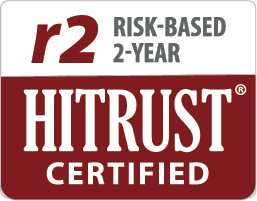Having Problems Sending Email Because Your ISP is Blacklisted?
Wednesday, October 9th, 2013![]() It happens over and over — users trying to send legitimate email messages are blocked from sending because the IP address that they are getting from their Internet Service Provider (ISP) for their personal computer (or small office) is on some major blacklist, like SpamHaus. Comcast, for example, has been the focus of many of these issues. This message blocking often happens even if a user is sending outbound email through a legitimate email provider like LuxSci.
It happens over and over — users trying to send legitimate email messages are blocked from sending because the IP address that they are getting from their Internet Service Provider (ISP) for their personal computer (or small office) is on some major blacklist, like SpamHaus. Comcast, for example, has been the focus of many of these issues. This message blocking often happens even if a user is sending outbound email through a legitimate email provider like LuxSci.
Users invariably ask:
- Why is the mail blocked even though I am sending through LuxSci or some other email provider and not directly from my ISP?
- What can I do about it?
Fortunately, there is a good reason why the blocks occur and an easy solution to them … anonymous SMTP service to hide your IP address.
Read the rest of this post »






